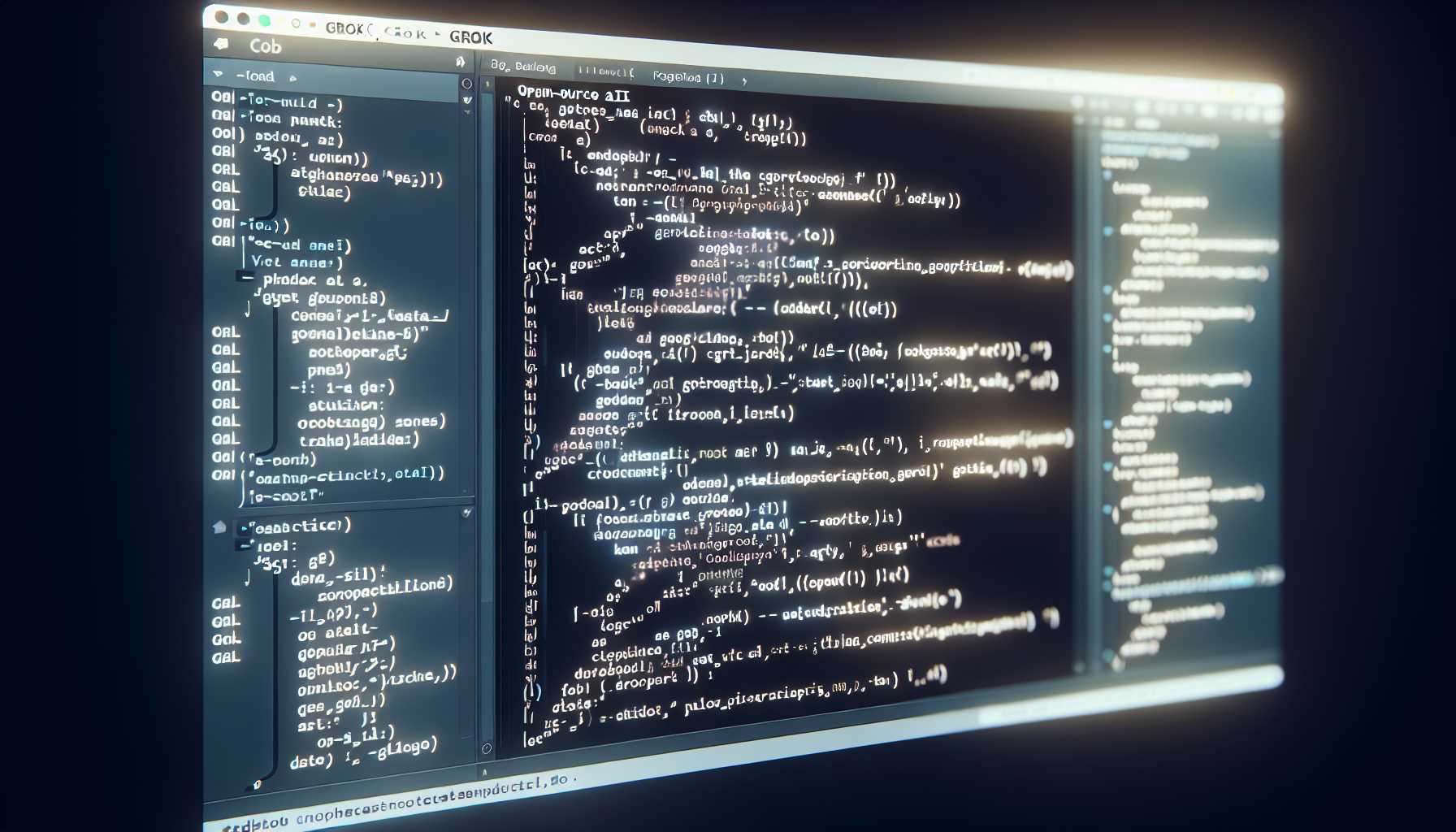The Convergence of Art and Technology: Figma’s AI Revolution
In the ever-evolving landscape of technology and design, artistry and software engineering collide to birth revolutions that alter our interaction with digital interfaces and lay the groundwork for tomorrow’s innovations. At the vanguard of this transformation is Figma, a platform that stands as a testament to the relentless pursuit of creative collaboration and enhancement.
Figma’s journey from a formidable design tool to a harbinger of software integration encapsulates a broader narrative of tech evolution. Notably, Figma’s incursion into AI signifies a seismic shift in tech dynamics. Dylan Field, Figma’s CEO, is among the digital archons reshaping our engagement with creativity and AI—a fluent and adaptable partnership spawning faster, more inclusive, and profoundly efficient creative processes.
As Figma sustains its upward trajectory post-Adobe merger fallout, it embarks on a critical journey that intersects domain expertise with generative AI’s prodigious potential. Field’s optimism for AI’s role in bolstering human creativity, despite fears of diminishing value in the original artistry, hints at a future where AI-generated content is auxiliary to human intellect.
The Password Paradox: Convenience vs. Security in the Digital Age
Google and Apple have long been key players in the digital realm, with their respective contributions to technology shaping the user experience. However, as the two tech giants delve into the realm of password management within their platforms, it triggers a discourse on the balance between convenience and security.
The Google Password Manager, a peripheral yet essential part of this ecosystem, has raised questions about users’ dependency on tech giants for personal data safeguarding.
Generative AI: Ethical Implications in the Realm of Synthetic Media
In another domain, generative AI has rekindled discussions around ethical implications in the realm of synthetic media. As Google researchers pioneer AI systems generating lifelike videos from still photos, the line between innovation and ethical concerns blurs further. This underlines the necessity of fostering a conscious approach in technological advancement.
Moreover, the embrace of AI does not solely reside in large conglomerates. Reddit’s announcement of a public offering punctuated by an FTC inquiry into its AI business strategies suggests that even social platforms are not immune to the AI wave sweeping across various sectors.
Grokking the Landscape: AI’s Open Source Voyage and its Implications
On the AI frontier, xAI’s decision to make Grok—an elaborate language model—open source mirrors the rising trend of transparency and democratization in tech advancements. This strategic move, addressing concerns within the AI community regarding monopoly and proprietary constraints, signals a potential tidal wave, pressing AI practitioners and corporations to rethink technology dispersion.
Elon Musk’s legal strife with OpenAI dangles a spotlight over the philosophical dichotomy of AI’s purpose—altruism versus profit. While the industry battles over this ideological divergence, xAI’s bold move to open-source Grok lays a new track for AI’s trajectory—a harbinger of potential shifts in power dynamics and ethical discourse in tech circles.
The AI Influence on SaaS and Beyond
The waves of change persist beyond design and social media. In the bustling corridors of enterprise tech, AI assumes the role of a modern Prometheus, bestowing efficiency and enhanced decision-making upon beleaguered solutions professionals. Quilt, an AI platform furnishing AI assistants, is set on liberating these unsung heroes from the Sisyphean cycle of technical pitches and intricate proposal architecture.
Kenneth Cukier’s insights on the human brain’s supremacy over AI reveals an innate human prowess: counterfactual reasoning. While AI surges ahead with computational might, Cukier argues for a balanced embrace of frames—a cognitive contour that allows humans to cultivate problem-solving skills beyond AI’s reach.
As AI continues to weave itself into the fabric of society, an undeniable reality crystalizes: Technology is an inexorable force propelling us toward a future vibrant with potential yet laden with the need for judicious governance. The conversation pivots from mere adoption to the maturation of AI’s role in our lives—ethical, creative, and corporate.



